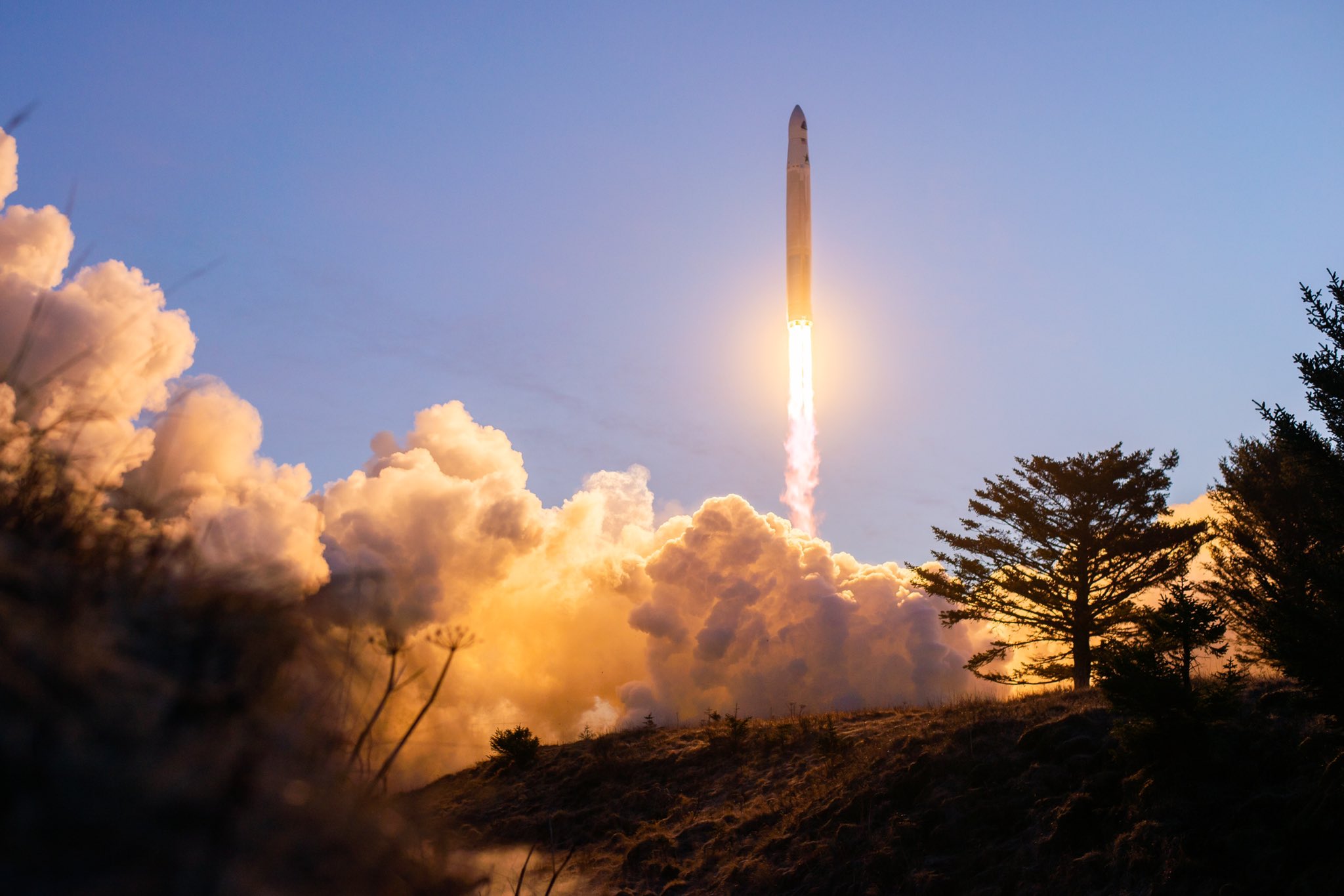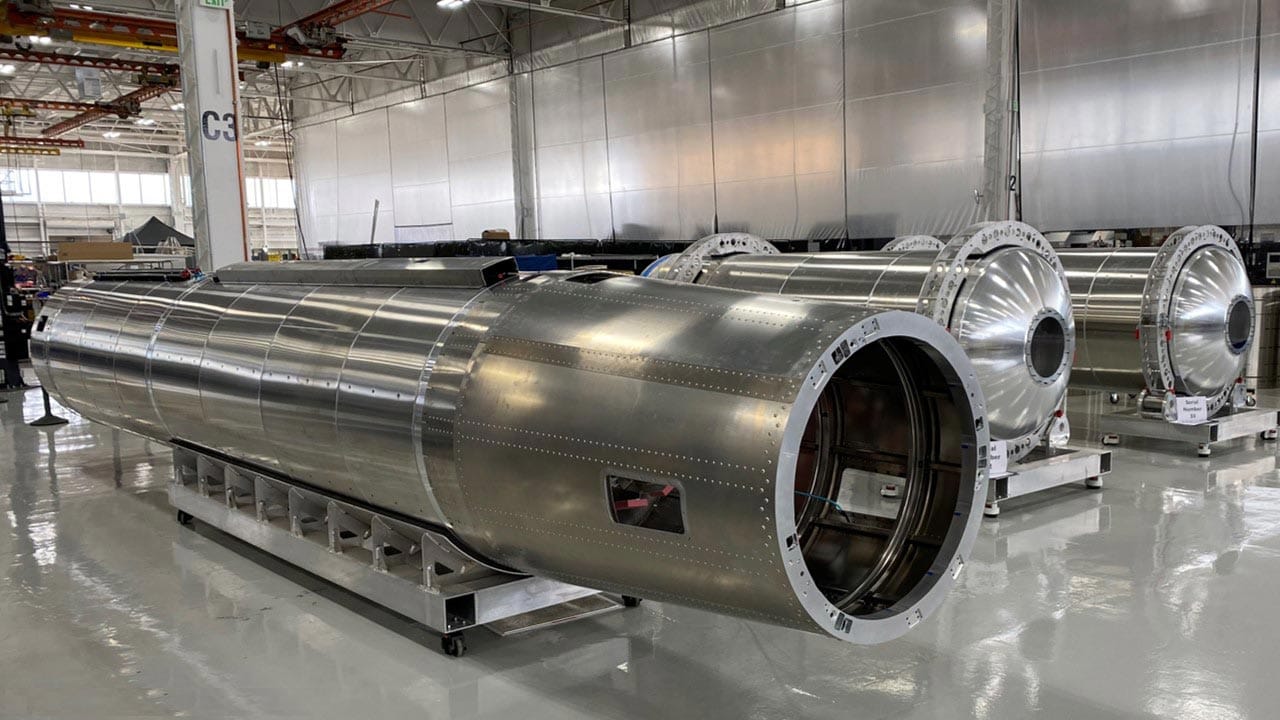In a time when every rocket launch is livestreamed on YouTube, millions of people get a front row seat to a space company’s successes and failures. Astra, a rocket startup-turned-public company, has had a few of both. But according to CEO Chris Kemp, perfection is not the point.
“The expectation I think that a lot of people have is every launch has to be perfect,” he told TechCrunch. “I think what Astra has to do, really, is we have to have so many launches nobody thinks about it anymore.”
How many launches? Eventually, Astra wants to achieve a daily launch cadence; in the interim, the company is aiming for weekly launches as early as next year. It’s a critical part of how the company aims to win amongst an increasingly crowded field of small launch developers — not by being flawless, but by being so low-cost and high-volume that the relative risk of a few catastrophic failures ceases to matter.
To get there, Astra is moving at breakneck speed. Notably, it became the fastest company in history to reach orbit in November, six years after the company was founded.
Kemp summarized the approach on Thursday, at Astra’s “Spacetech Day”: “The approach that we took was not to design and create PowerPoints and do all the analysis and then five or 10 years later, finally maybe build a rocket,” he said. “It was within 18 months of founding the company in that garage, getting a launch license and launching our first rocket and then doing it again a few months later, and again and again and again.”
“This was not the popular way to approach this problem,” he added.

Small, cheap and light
Can the market support a daily launch cadence? Astra is betting that it can. The way Astra sees it, the launch industry is like a curve: on one end are companies like SpaceX, serving crewed missions, delivering cargo into space and even, eventually, attempting to colonize other planets. On the other end of the curve is Astra: small, cheap and light.
The middle of the curve is what Kemp called the “valley of death.”
“You can either scale up the rocket or scale out the factory,” he said. “We think that there’s winners on both ends of that spectrum, and in the middle…it’s going to be very challenging for all the companies that are somewhere in the middle.”
Part of the company’s confidence comes from the rise in planned or in-progress satellite constellations going to orbit. Astra’s betting that providers are willing to risk some small percentage of their spacecraft not reaching orbit, in exchange for launch speed, lower costs and a more personalized orbital trajectory.
This approach is epitomized in the company’s decisions: rockets made with low-cost materials, like aluminum; using machine-casted parts versus 3D-printed parts; a launch system that requires only a team of six people to deploy, and that can fit into a standard shipping container. Astra is continuing to simplify. Its next rocket, Rocket 4.0, will have only two larger engines, as opposed to the five smaller engines found in Rocket 3.0; and the entire process will be automated even further, so that the mission control team is whittled down from fewer than 10 to just two people.

Astra is calling the new process Launch System 2.0. It anticipates conducting the first test flights of the system’s 4.0 launcher later this year. And when the rocket is finally prepared for commercial operations, Astra said it will be capable of carrying 300 kilograms to low Earth orbit for a base price of $3.95 million. In contrast, the standard price for Rocket Lab’s Electron rocket for the same amount of payload is around $7.5 million per launch, though Rocket Lab told TechCrunch that the final price is dependent on each customer’s specific mission requirements.
Such an ambitious launch cadence requires an equally ambitious manufacturing scheme. Kemp told TechCrunch that the company’s 250,000-square-foot production facility gives the company the ability to manufacture one rocket per day. To further bolster production, Astra hired longtime Apple leader Benjamin Lyon last February to spearhead the company’s engineering. The move from consumer electronics to rocket ships might seem unusual, but it’s further evidence of Astra’s intention to achieve a scale of production never before seen in aerospace.
As part of its plan to boost launch cadence, Astra announced plans earlier this month to launch out of SaxaVord UK Spaceport as early as 2023. And if all goes to plan for the company, that’ll be just the beginning.
NASA TROPICS
Next up for Astra is a trio of launches for NASA under the agency’s TROPICS program. Astra was awarded the launch contract for TROPICS (Time-Resolved Observations of Precipitation structure and storm Intensity with a Constellation of SmallSats) at a cost of $8 million. Those satellites will be used to measure variables like temperature, humidity and pressure inside storm systems.
When Kemp discussed the launches with NASA’s Will McCarty at Spacetech Day, he reiterated Astra’s perspective on reliability, though it veered close to sounding like a hedge: “I know the team will do everything we can to make sure all three launches and all your satellites are deployed, but it’s good to know that the price point of three launches allows NASA to enable a mission where even if only two are successful […] it is nice to know that even NASA is designing constellations so that the overall constellation performance is the end goal, not thinking about every single satellite, every single rocket launch.”
Kemp told shareholders during the first quarter earnings call that the company aims to get started with the launches this quarter, and potentially achieve a monthly cadence to complete all three.
“If two out of the three [launches] are successful, it’s not mission failure,” he said. “It’s just a lower refresh rate for the constellation.”






























Comment